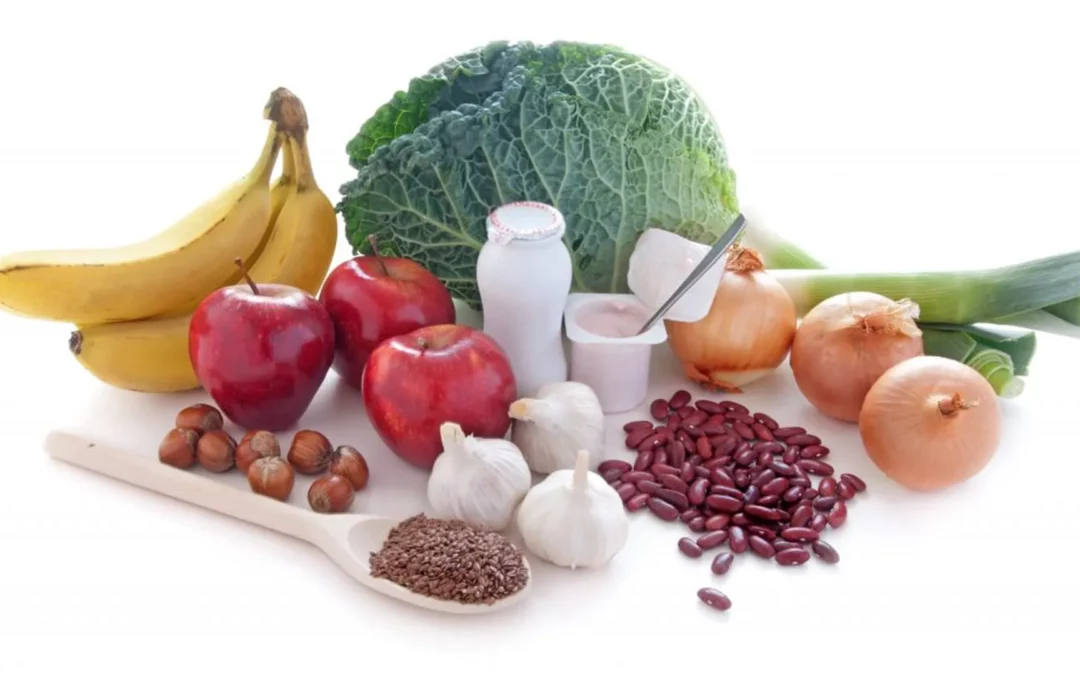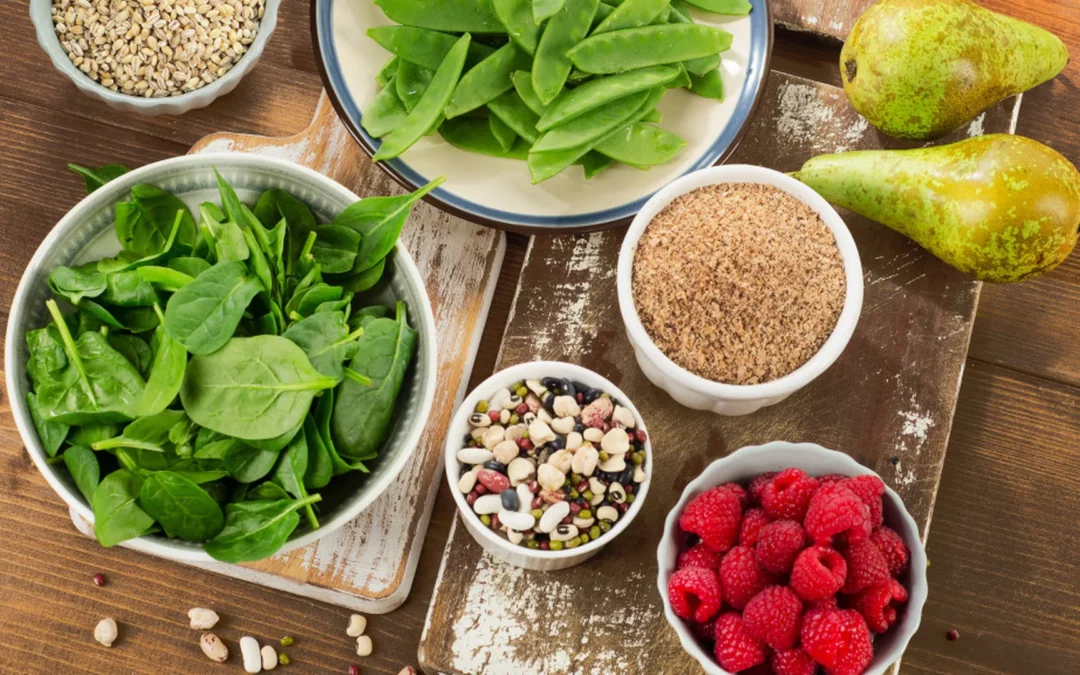



by Audra Starkey | Jan 10, 2017 | Nutrition
There’s so much hype in the media at the moment about the importance of gut health and the benefits of probiotics, and rightly so given shift workers gastrointestinal systems are under a great deal of distress thanks to a lifestyle which encompasses continual...
by Audra Starkey | Jun 6, 2016 | Nutrition
Fibre – depending on which part of the world you’re from, you might refer to it as ‘fibre’ or ‘fiber’. Either way, however you spell or pronounce it, fibre forms an essential requirement of our diet – every single day. So...